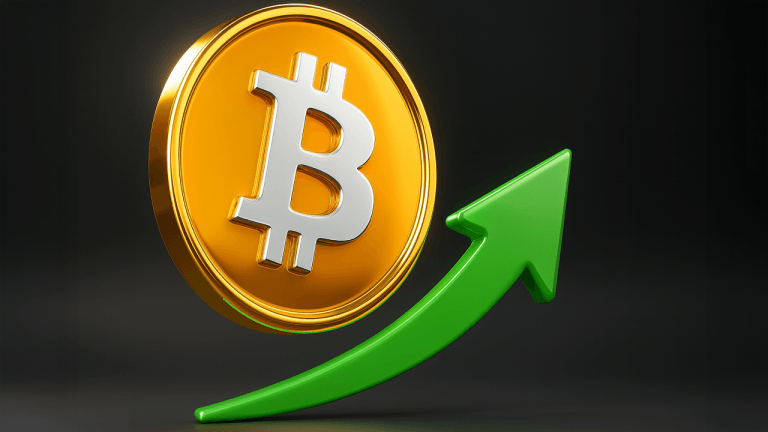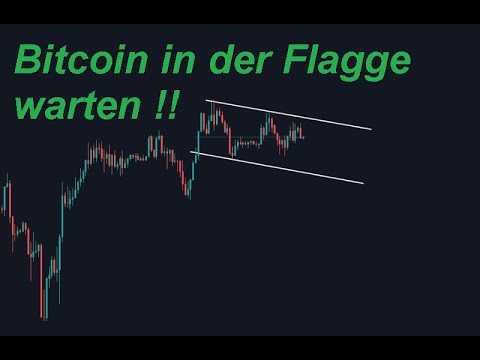A former Deutsche Bank trader has joined Japanese crypto exchange-startup FXcoin Ltd., Bloomberg reports September 3.
According to the announcement, Yasuo Matsuda, an institutional trader from Deutsche Bank, will join FXcoin as a senior crypto strategist starting in September 2018. The strategist position includes providing analysis of crypto markets and daily reports on the market’s activity.
The newly appointed 49-year old Matsuda worked as foreign-exchange dealer at the German bank from 2012 until this June.
FXcoin Ltd., founded in September 2017, is currently seeking regulatory approval from Japan’s financial regulator the Financial Services Agency (FSA) in order to operate “virtual currency-related business.” The startup has reportedly applied with the regulator to exchange cryptocurrencies such as Bitcoin (BTC) under a licensing system that was adopted last year.
FXcoin’s founder and CEO Tomoo Onishi is a veteran employee at Deutsche Bank, having more than 12 years of experience in the bank’s FX division before he left his job in December 2017.
The crypto startup has reportedly attracted a number of former institutional employees, including trading experts from HSBC, Nomura, and Mitsubishi UFJ Financial.
In a statement to Bloomberg, Onishi claimed that the startup is “trying to do all [it] can” while waiting for regulators’ approval, revealing that FXcoin plans to employ “another five people from financial institutions,” following the upcoming approval.
Founded in 1870 in Berlin, Deutsche Bank is considered to be one of the leading and most influential financial institutions worldwide. Earlier this year, Deutsche Bank’s CIO head Markus Mueller claimed that “governance,” which will legitimize crypto investments, could come in “five to ten years.”
In late December, Chief International Economist of Deutsche Bank Torsten Slok expressed skepticism towards major cryptocurrency Bitcoin, seeing a potential crash of the cryptocurrency as one of the major risks for the global economy in 2018.




